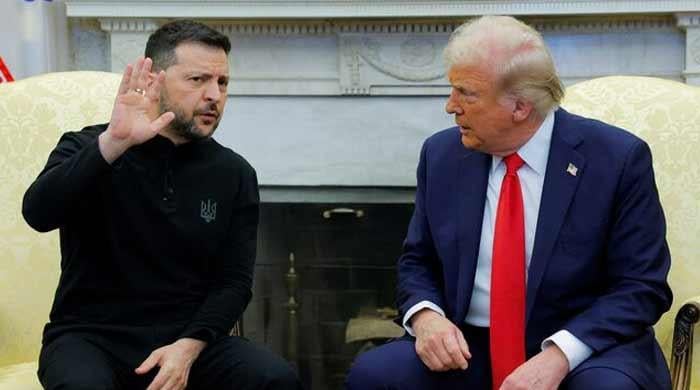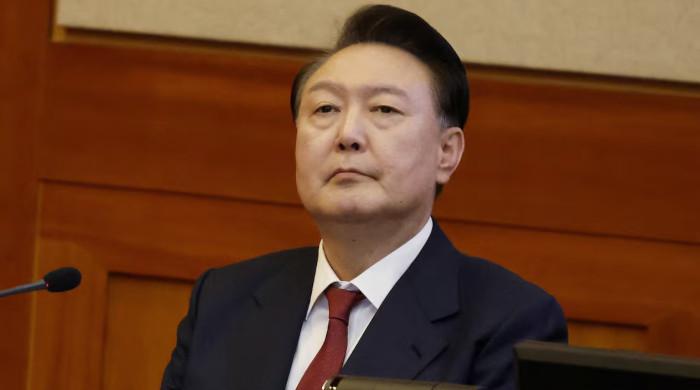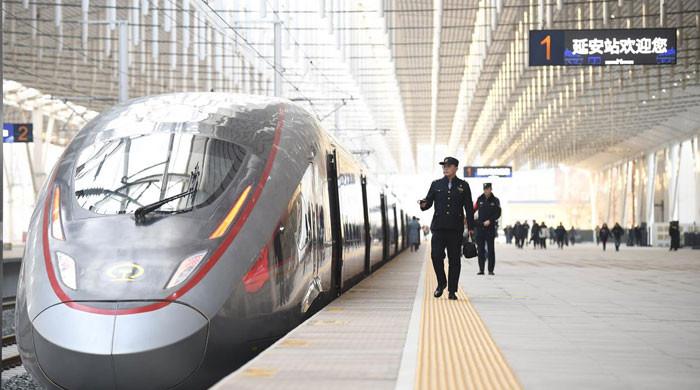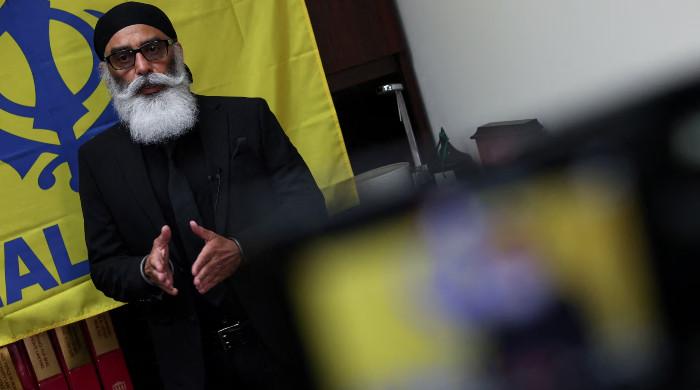Americans arrested for allegedly sending aviation technology to Russia
Cyril Buyanovsky, 59, and Douglas Robertson, 55, are accused of conspiring to circumvent US export laws
March 03, 2023
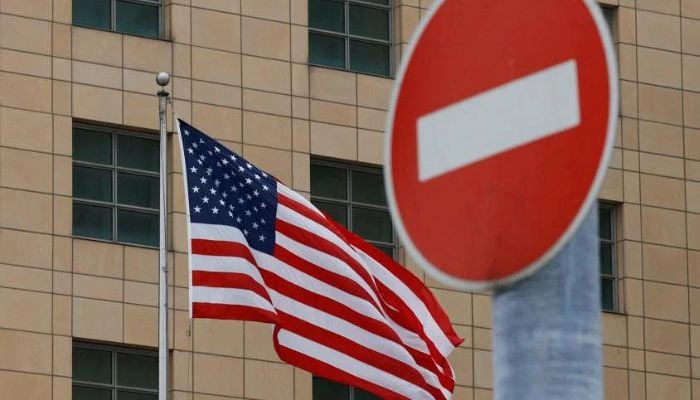
Two Americans were arrested in Kansas City on Thursday for an alleged scheme to send aviation-related technology to Russia in violation of US export controls.
Cyril Buyanovsky, 59, and Douglas Robertson, 55, are accused of conspiring to circumvent US export laws by selling avionics to customers around the world that operate Russian-built aircraft, according to an indictment unsealed in US District Court in Kansas.
The pair repaired and shipped technology from their firm, KanRus Trading Company, submitting false export information, such as a fraudulent invoice that showed Germany as the end destination for repaired equipment bearing a sticker for Russia's Federal Security Services (FSB).
On February 28, 2022, after US authorities detained a shipment of avionics, the US Commerce Department told the men they needed a license to export the equipment, the Justice Department said in a statement. In May, June and July, they illegally shipped the electronics through Armenia and Cyprus.
The defendants are charged with conspiracy, exporting controlled goods without a license, falsifying and failing to file export information, and smuggling goods contrary to US law. If convicted, they face up to 20 years in prison for each count of smuggling.
Buyonovsky and Robinson could not immediately be reached for comment.
Avionics includes communications, navigation, flight control and threat detection systems installed in aircraft.
US Commerce official Matthew Axelrod disclosed the arrests earlier on Thursday at an American Bar Association event in Miami.
The US imposed additional restrictions on avionics after Russia invaded Ukraine last year, along with controls on other goods targeting Russia's defence, aerospace and maritime sectors. The controls were later expanded to include Russia’s oil refining, industrial and commercial sectors, and luxury goods.




